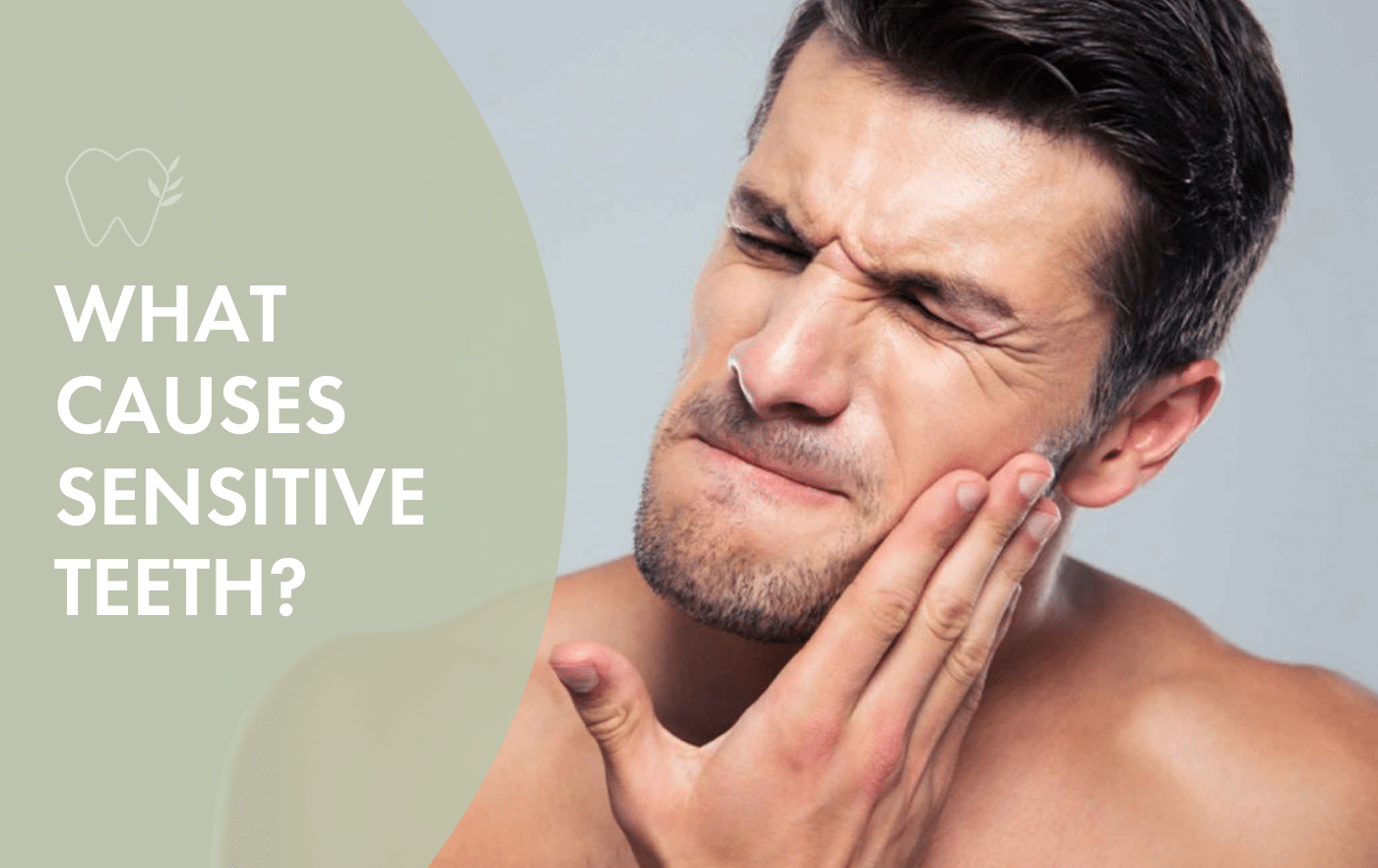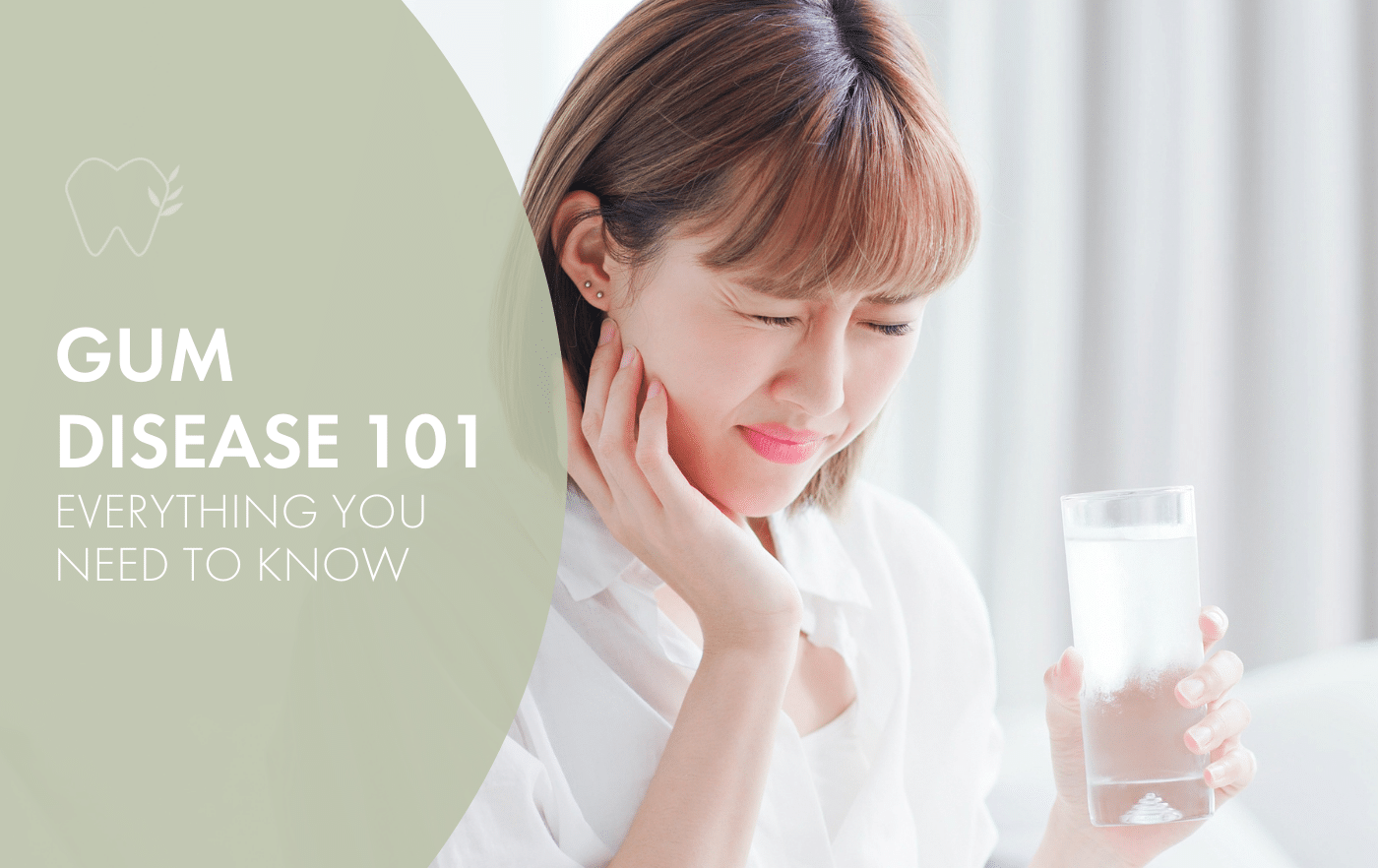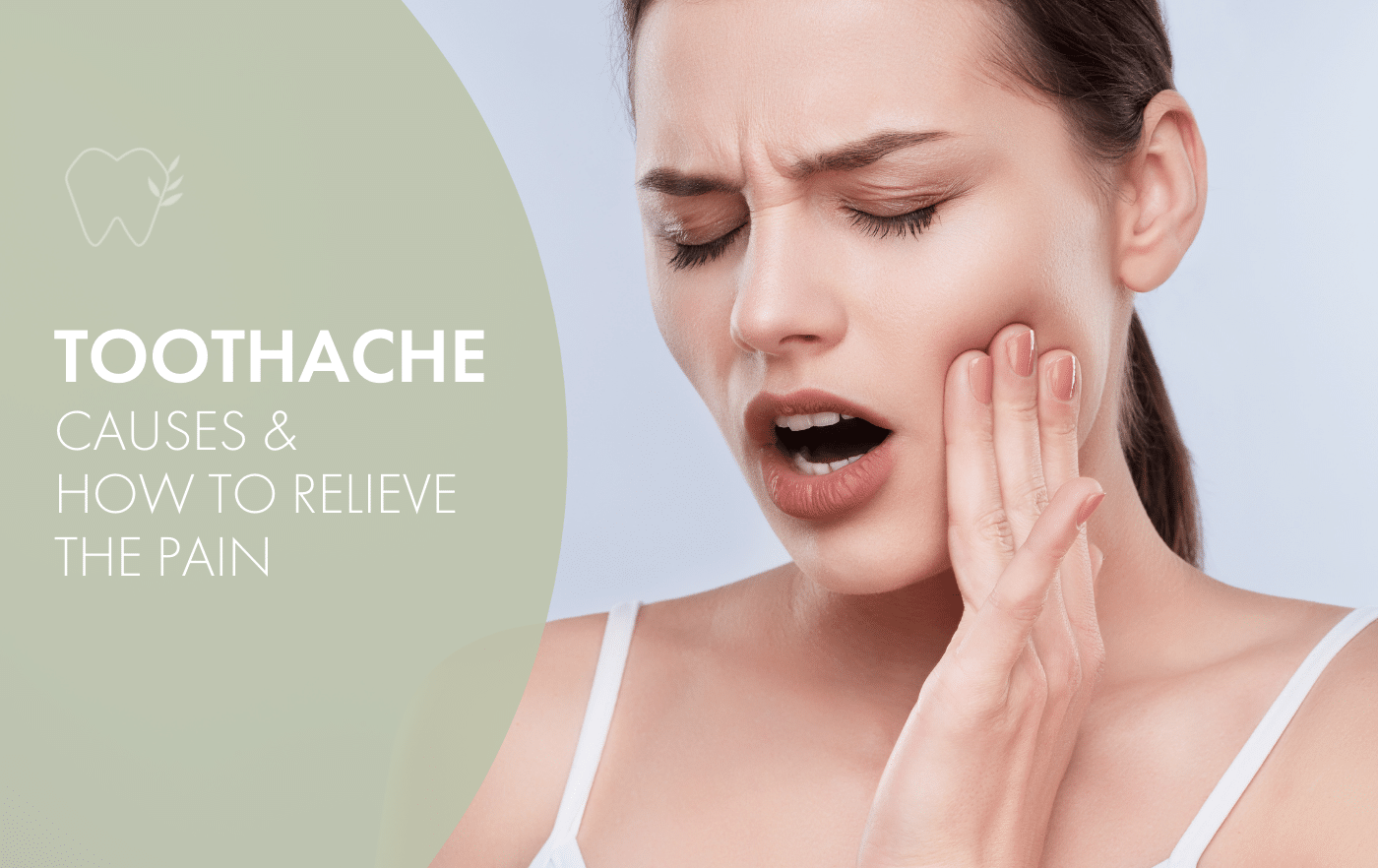
What Causes Teeth Sensitivity?
If you’ve ever thought twice about eating ice cream or sipping your favourite hot beverage because your teeth might hurt, then read on. Teeth sensitivity shouldn’t stop you from enjoying everyday life, yet it is increasingly common. If you suffer from this painful condition, here’s what you need to know about it and what you can do to fix it.
What Is Tooth Sensitivity
Tooth sensitivity occurs when the outer protective layer of your tooth, called enamel, is worn away to expose the nerve endings found in deeper layers (dentine). These nerve endings are sensitive to temperature changes (hot or cold foods, drinks), acidic foods, and even sweets and can trigger the pain associated with teeth sensitivity.
Sensitive teeth can be a critical sign of a serious dental issue, so we recommend seeing your dentist so that they can do a thorough examination. The good news is that there are a number of things you and your dentist can do to reduce sensitivity and enjoy the foods and drinks you like without pain.
Some of the Main Causes
While hot and cold foods and drinks are pretty common causes of teeth sensitivity, there are quite a few others that you probably haven’t thought of. Here’s a list of some other tooth discomfort triggers.
- Brushing hard — You may have heard this from your dentist before, but brushing too hard can harm your teeth and gums. If you use a heavy hand or a medium/hard tooth-brush you may be wearing away at your enamel, making it easier for teeth sensitivity to occur.
- Tooth-whitening toothpaste — Many tooth-whitening toothpastes have added chemicals in them that can cause sensitivity. If you’re experiencing discomfort, try switching to a toothpaste without a whitening agent in it.
- Gum disease — Occurring when the tissue around your teeth becomes infected, gum disease is a common cause of tooth sensitivity. Red, inflamed gums that bleed easily is a common symptom of the disease. You and your dentist will need to come up with a plan to treat it before it gets worse and causes more damage.
- Cracked tooth — A cracked tooth can extend all the way down to the root and account for your tooth pain and sensitivity. Fixing the crack depends on how far it goes and is just another reason why checking with your dentist when you have any mouth pain is essential.
How to Treat Teeth Sensitivity
Figuring out the root of the problem makes treatment much easier. If it’s a cracked tooth, then your dentist will prepare a suitable treatment plan to repair it. If the cause of the sensitivity isn’t obvious at first, your dentist will recommend a number of pain-relieving solutions depending on your circumstances.
- Use a Soft-bristled or electric toothbrush — A soft-bristled brush can help eliminate undue wear and tear on your gums. Electric toothbrushes also stop common but harmful overbrushing. Most new electric toothbrushes have a sensor to indicate when you are brushing too hard!
- Desensitising toothpaste — With a variety of brands available over the counter, your dentist may recommend trying one of these toothpastes if you experience sensitivity issues (e.g. Sensodyne).
- Fluoride — Applying a fluoride treatment to the areas of the mouth where sensitivity occurs can strengthen the enamel and reduce frequent bouts of pain.
- Bonding — If part of the root is exposed, a special bonding resin can be applied to help minimise pain and discomfort.
- Mouth guard — If you’re a grinder, the constant gnawing can fracture your teeth and cause you pain. Mouth guards to wear at night (also known as occlusal splints) can help prevent the effects of grinding and virtually eliminate sensitivity.
- Root canal — If all other treatments fail, your dentist may recommend a root canal. While it’s definitely not the first course of action, a root canal will help ease pain and discomfort associated with tooth sensitivity resulting from an infection of the nerve pulp in your affected tooth.
- Continue regular visits — Dealing with any sort of mouth pain might make you shy away from your regular checkups, but it’s important to continue your dental visits. You don’t want small issues turning into larger ones, requiring more time and money to fix.
If you’re dealing with teeth sensitivity that is affecting your quality of life, contact us. Dr Britt and her team at The Grove Dental Rouse Hill are committed to helping you feel better and not suffer from teeth sensitivity in silence.





